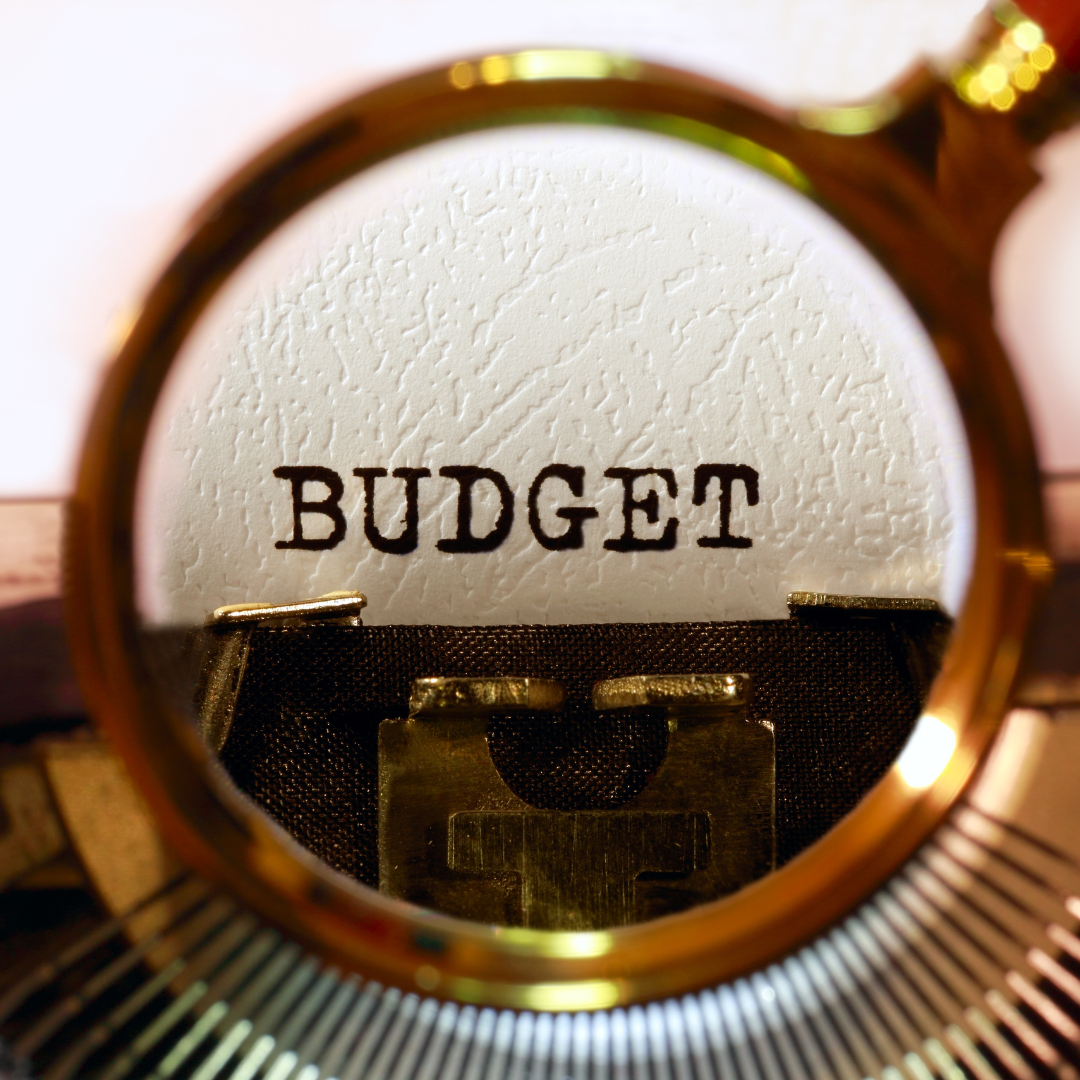When a business owner fails to separate herself from her business, she is doing what the legal world calls commingling funds. She may provide cash to the business, buy office supplies from her own bank account, purchase meals with business credit card, and pay rent from her business account for both the office space and her house. All of the money is mixed together. This causes major problems!
Anyone who owns a business knows the temptation to simply use the funds as needed, for both business and personal cost. The owner many times doesn’t have the time or caution to pull out the correct credit card at each store. The funds from his business and personal life simply form a big pile, and the owner adds or takes away as needed in daily activity. This is a real problem for so many business owners. Keeping business funds separate from personal is crucial.
A business needs to be treated as a completely separate entity from the owner. In a sense, the business could be thought of as a unique person with its own money. You don’t spend someone else’s money on your groceries. You don’t use a friend’s credit card to pay for your kids’ field trip. And you certainly do not send your friend’s paycheck straight to your bank.
And yet so many business owners do that very thing to their business funds. A business is unique, with income and expenses all its own. Owners need to step back and draw a line between themselves and the business.
Here are three problems that can arise from neglecting to separate funds
Tax deductions will be missed
Businesses owe taxes every year. Even a sole proprietor owes taxes on the net income of the business. No tax office wants to see a giant box of receipts and a thick stack of bank statements for a company on April 15th.
In cases like these, many purchases will be overlooked in the rush to compile income statement. Purchases such as a business book might go unnoticed, or the office chair may be missed. Other large or small expenses such as staff gifts, the computer backup program, or vehicle expenses could all get lost in the shuffle.
Keeping clean, separate business records guarantees that every business expense will show up and get the tax bill as low as possible.
Personal assets can be seized
If a company makes a mistake and gets sued, the owner of the company might end up being held responsible for paying the penalties. Even a supposedly safe separation between owner and business like an LLC or Corporation can be nullified if the opposing side can prove that funds were co-mingled.
A court can lift the corporate veil even in an LLC, if the owner didn’t separate business and personal expenses. The suing party can then go after personal assets and take everything a person owns, including house, retirement, and vehicles. No one wants to have their personal property up for grabs.
One of the few reasons a court can seize personal property is the co-mingling of funds. Business owners need to make up their minds to follow a strict separation policy:
Every single expense going out of a business must be for the business. Every single dollar the business earns must first go into a business bank account. When the owner takes money out, it must be very clear that it is a distribution, wage, or draw.
Smaller LLCs can be an easy target when it comes to suing the owner for their personal assets. This should never be allowed to happen – those funds must remain separate and clearly documented.
The business will not have accurate records
How is your business doing? Are you making a profit? If you as the owner use your business to pay your personal bills, you will never actually know how much money the business makes. When it comes time to valuate your business, the picture will be blurry.
Clear, accurate financial records help the owner to make good decisions about the business, long before the need to sell it arises. Owners need to pay careful attention to their profit and loss each month, which can be difficult when funds are being commingled. Were all of those meals actually business meals, or were half of them personal? Was every purchase made at the retail store for office supplies? Budgeting decisions can not be made if the records are mixed up.
Clear, separate uses of business funds will also help the bookkeeper manage the records quickly and accurately. Valuable time is better spent helping the business to grow rather than discovering what those random costs were for. If you care about your personal assets, a lower tax bill, your business health, and your bookkeeping, remember to keep the business funds separate.










